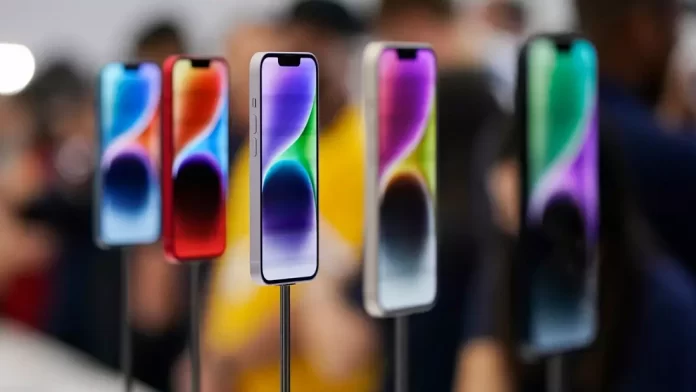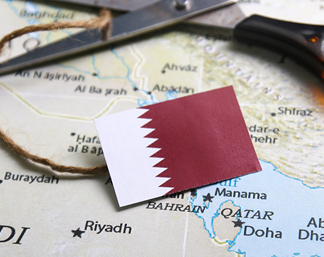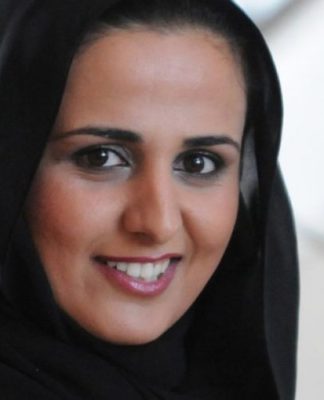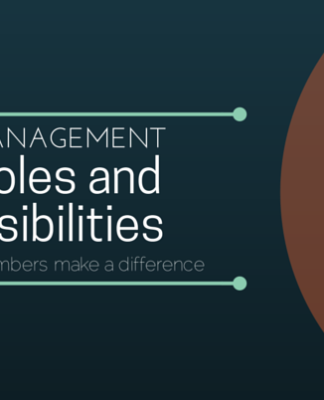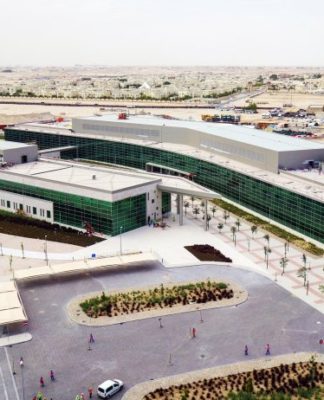GREEN OPINION
iPhone 14 release date: How much energy will you save by not buying the new model?
Apple has unveiled its new iPhone 14 models.
Apple has unveiled its new iPhone 14 models. – Copyright AP Photo/Jeff Chiu
The opinions expressed in this article are those of the author and do not represent in any way the editorial position of Euronews.
By Lottie Limb • Updated: 09/09/2022
Millions of new iPhone 14s will be wending their way to excited customers soon, with the new model’s release on 16 September.
Its new and improved features include a slightly smaller carbon footprint: the iPhone 14 represents 61kg CO2e in greenhouse gases compared to 64kg CO2e for the equivalent iPhone 13.
But trading in your old smartphone for the newest model is the worst thing you could do. According to Apple’s own metrics, 79 per cent of the phone’s lifecycle carbon emissions are released during production.
Resisting the urge to own the latest iPhone won’t reverse emissions for the products hitting the shelves next week, but it will help to limit how many phones are made in the future.
This paper battery with a water switch could curb the environmental impact of single-use electronics
I swapped my iPhone for a Fairphone: Here’s why you should break up with Apple too
With around 211 million smartphones sold in the EU annually, each lasting on average three years before they are replaced, battling the forces of ‘planned obsolescence’ is crucial.
Apple was previously fined €10 million by Italy’s antitrust watchdog after it found the company’s software updates “caused serious dysfunctions” and sapped more energy without warning. This pushed people towards buying new phones, though Apple denied that was its intention.
It has also lobbied against a right to repair bill in the US, thereby thwarting action on the growing problem of toxic e-waste.
Unsplash/Neil Soni
Around 53.6m metric tonnes of e-waste is generated every year, according to one recent study.Unsplash/Neil Soni
Is Apple getting more sustainable?
A large chunk of the CO2 emissions released in creating a new smartphone comes from mining the rare materials inside them. According to one report, “buying a new phone takes as much energy as recharging and operating a smartphone for an entire decade.”
But Apple, the world’s largest tech company, has been trying to clean up its act on this and other environmental fronts.
It claims to use 100 per cent recycled rare earth elements in all iPhone 14 magnets, which represent almost all of the total rare earth elements in the device.
In 2019 Apple, along with Google, Dell, Microsoft, and Tesla, was named as a defendant in a lawsuit filed on behalf of families from the Democratic Republic of Congo (DRC), whose children were injured and killed while mining cobalt.
FEDERICO SCOPPA/AFP
People separate cobalt from sand and rock in a lake near a mine in the Democratic Republic of Congo, 2015.FEDERICO SCOPPA/AFP
The companies deny the use of child labour, arguing they do not own cobalt mines, nor can identify the exact source of the materials they use. And a US district court judge dismissed the legal case against them last year.
But fresh questions were raised by NGO Global Witness in April, with an investigation suggesting that Apple, Nokia and Samsung are relying on a supply chain due diligence scheme that is used to launder conflict minerals from the DRC.
Apple maintains it is “committed to setting the highest standards of responsible sourcing of materials used in our products,” in its latest environmental progress report.
In 2020 it announced plans to become entirely carbon neutral by 2030, encompassing everything from its manufacturing supply chain to product life cycle.
In pictures: South America’s ‘lithium fields’ reveal the dark side of our electric future
Apple: Our climate goals are ‘more aggressive’ than those of governments
Sustainable alternatives to an iPhone
Jeff Chiu/AP
The new iPhones were displayed at an Apple event at its headquarters in California this week.Jeff Chiu/AP
Given the ubiquity of smartphones and their assorted Apps in our lives – accelerated by the pandemic – it’s hard to know what the alternatives are to constant upgrading.
One phone comes head and shoulders above the others by almost all important measures, however.
Fairphone, launched by a Dutch social enterprise 10 years ago, is leading the way on supply chain transparency, with the company mapping out which manufacturers, smelters and refineries have shaped its aptly named devices.
The Fairphone tops the ethical rankings of the UK’s leading alternative consumer organisation, the Ethical Consumer, which also praises the company for including a screwdriver tool, enabling consumers to replace any broken parts. A far cry from Apple’s sealed-off technology.
Buying second-hand is of course preferable too, and recycling your phone when you really are finished with it is an important step in the process.
Going back to basics with a ‘feature phone’ could be an option as well, especially if you’re getting all your smart needs from a laptop or computer, and so can avoid doubling up on the energy usage.
Love coffee pods but hate the waste? This Swiss company has invented a green alternative
How to cancel if you’ve already pre-ordered the new iPhone
If we’ve convinced you that buying the 14th iPhone iteration is not the best call, but you’ve already pre-ordered one, it’s not too late to cancel.
Apple’s support page has instructions for how to do this on different devices, and all it takes is a few clicks.
You can also send the phone back after it has arrived, with 14 days to indicate an ‘intent’ to do this, and a further 14 days to follow through on the return.
And if you’re absolutely set on upgrading your iPhone, note that Apple runs a trade-in service where you old phone can be given a new lease of life or recycled for free.








